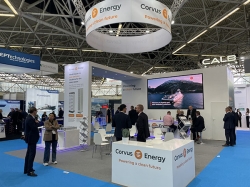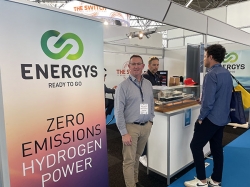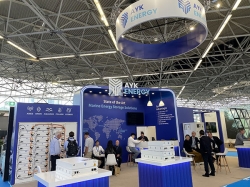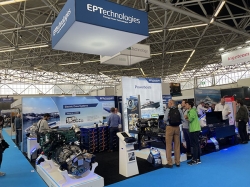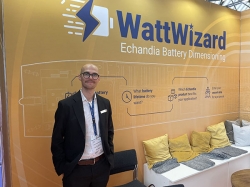2024 show news
EXPO News Day 3: DNV type approval awarded to Corvus Energy Blue Whale ESS
Corvus Energy
Corvus Energy (Booth 6040) has received type approval from DNV for its Blue Whale marine energy storage system.
EXPO NEWS Day 3: Energys and Anlegg & Marine Service join forces to propel zero- emission maritime solutions in Norway
Energys
In an exciting development for the maritime industry, Energys (Booth 1226) and Anlegg og Marine Service (AMS) have announced a new partnership at this week’s Electric & Hybrid Marine Expo in Amsterdam.
EXPO NEWS Day 3: AYK Energy to build America’s biggest marine battery factory
AYK Energy
AYK (Booth 7050) has been busy answering questions about its plans to build a new gigafactory at the famous Oak Ridge K25 site location of the Manhattan Project – now part of East Tennessee Technology Park – at this year’s show.
EXPO NEWS Day 3: A decade of progress
EPTechnologies
This year’s Electric & Hybrid Marine Expo Europe sees EPTechnologies (Booth 6020) celebrating 10 years of operations, the opening of new premises in Denmark, and a strategic new partnership to develop hydrogen-electric drivelines.
